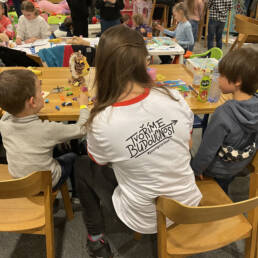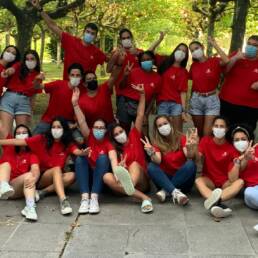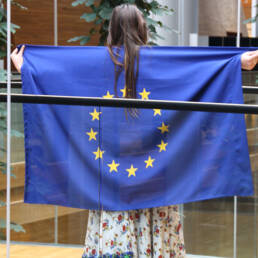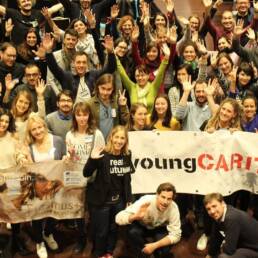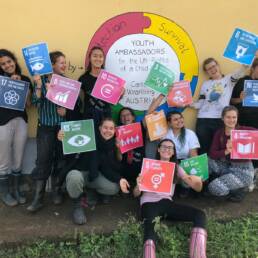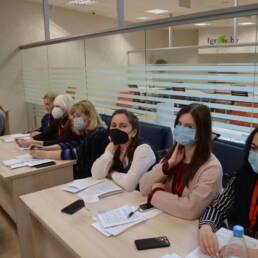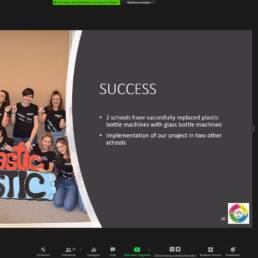Author
Slobodan Milošević
Communication Officer
Caritas Serbia
Young people in Serbia face numerous problems. However, unemployment seems to be the most challenging and tends to hit the youth the hardest.
After finishing school, young people have difficulties in finding a job, especially a job in their field. In addition, the most difficult is to find a first job, since the majority of employers are looking for experienced workers. Limited job opportunities together with the gap between Serbian education system and labour market demands further complicate youth position and competitiveness. As a result, young people usually find a low-paid and/or unreported employment, in a local café or store, for example. The money they earn is barely enough to be called pocket money. In such conditions one cannot even think of establishing an independent life. Therefore, in search of a brighter future, youngsters increasingly decide to leave their native home and seek happiness in the countries of Western Europe. According to the research conducted in 2019 by the Umbrella Organization of Youth of Serbia, over 60% of young people plan to leave Serbia.
Caritas Serbia, its donors and its partners, recognised the difficult situation of young people and decided, together with them, to deal with these issues. After a successful one-year pilot project implemented in Aleksinac, April 2019 saw the beginning of a three-year regional project called YourJob – Youth Overcoming Unemployment Regionally through Job Opportunities in the Balkans. The project is aimed at increasing the employability of young people and their competitiveness in the labour market. The YourJob project is being implemented in Serbia, Bosnia and Herzegovina, Albania and Kosovo*. It is financed by the Austrian Development Agency, Caritas Austria and Renovabis. In Serbia the project is being implemented in Aleksinac, Zrenjanin and Ruma through local Caritas offices.

“The YourJob project has brought a new area of work for Caritas in Serbia and our team is honoured to be able to work with youth and help them build their future here in the Balkans. Indeed, this project is not only about increasing youth employability. It has ambitious goals that match national interests and Caritas Serbia is looking forward to influencing and improving youth policies thanks to this initiative. Besides being ambitious, the YourJob project is also really unique due to its comprehensive approach. In order to tackle labour market’s challenges, the project provides different opportunities for young people: individual counselling, various training sessions, VET courses, internship, entrepreneurship and even grants for start-ups. Furthermore, it remains true to Caritas values and principles with strong interest in young people with disabilities, minorities and gender issue. And Caritas Serbia’s aspiration is to see this project grow beyond Aleksinac, Ruma, and Zrenjanin and spread throughout the country,” said Marina Kostic, project coordinator.
Although the YourJob project provides young people with a very wide range of opportunities, the survey conducted recently as part of the Mid Term review has shown that its financial benefits are not the most important ones. As the greatest value of the project, the beneficiaries recognized something else – the work of their guidance counsellors (GCs) Milica Bogdanov, Jovana Stojanovic and Lidia Irga. According to the beneficiaries themselves, it is GCs’ constant availability and commitment to tailor all project activities to their needs and interests that distinguishes the YourJob approach. Unlike other similar initiatives and public services, YourJob is not trying to fit its beneficiaries into pre-set moulds, but supporting them individually to solve their unemployment problem.
Thanks to the professional, but also extremely dedicated work of the counsellors, YourJob is recognized locally as a project of an exceptional importance. Caritas Serbia is convinced that with such a comprehensive approach to the problem and committed work, the situation in the places where the project is being implemented will certainly improve.
*In accordance with UN Security Council Resolution 1244



